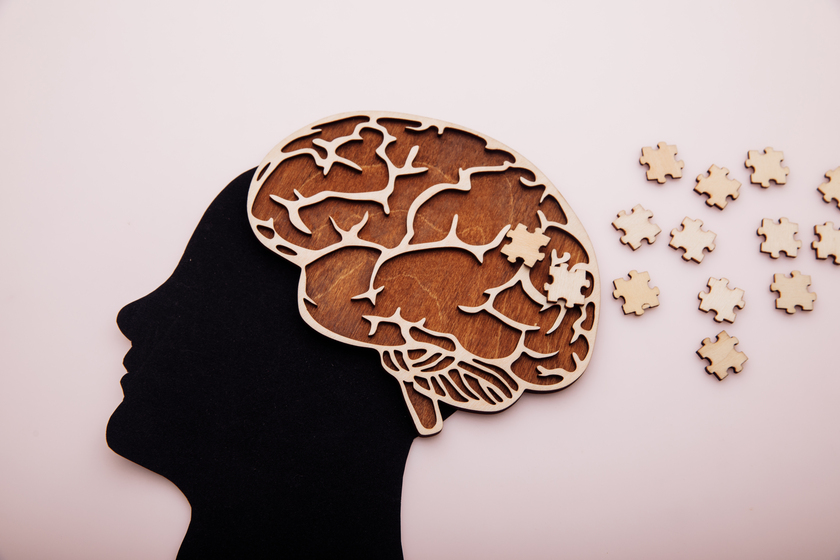Most of us have heard about dementia and may even know someone living with it. However, many people still don’t understand what dementia is or how it affects people. Dementia is a progressive disease that affects thinking, memory, behavior, and the ability to carry out daily activities. People with dementia can suffer from confusion, memory loss, and communication problems. They may also experience personality changes or mood swings. For example, some people become more irritable or anxious, while others become withdrawn or depressed. The progression of these symptoms varies greatly from person to person; however, no one knows when they will start affecting your parent’s ability to care for themselves at home safely.
Here are some common myths about dementia and how they can lead us to underestimate this condition:
Myth: People With Dementia Are Completely Dependent On Others
Dementia is a progressive disease that affects the brain, not the body. It’s not a normal part of aging and can be treated if caught early enough.
People with dementia can still be independent; it just takes more effort to help them with daily tasks. For example, you may have to remind your loved one to take their medication or encourage them to eat healthy foods rather than junk food because they won’t be able to remember on their own.
In addition to helping your loved one stay healthy by encouraging healthy behaviors like eating nutritious meals or exercising regularly (if possible), there are other ways you can help take care of yourself:
Myth: Dementia Is A Normal Part Of Aging
It’s natural to think of dementia as a normal part of aging, but it’s not. Dementia is caused by disease or injury, not age. Some people never get dementia even though they are older than those who do develop the condition.
As you age, your brain shrinks and loses mass-but this doesn’t mean that your thinking abilities will decline too (in fact, studies have shown that people who stay mentally active throughout life are less likely to develop dementia).
Myth: All People With Dementia Have The Same Symptoms
There are many different types of dementia, and each one has its own set of symptoms. Some people with dementia can still think and reason; others cannot.
For example, Alzheimer’s disease is the most common cause of dementia, but it’s not the only one there are also vascular diseases like stroke that can cause symptoms to develop over time. In fact, there are over 50 different types of dementia!
Myth: All People With Dementia Lose Their Ability To Speak And Communicate Verbally
Not all people with dementia lose their ability to speak and communicate verbally. Many are able to speak and communicate verbally, while others retain the ability to do so even after developing dementia. While some people may not be able to speak in sentences, they may still communicate non-verbally by using gestures or other means of communication, such as sign language. A person with dementia might also forget simple things like how to get home from the grocery store, but still recognize their loved ones and remember their life story.
If you feel that your loved one is losing the ability to communicate with others due to dementia verbally, consider encouraging them to use other methods of communication, such as writing down what they want or need on paper so that others can understand what they are saying without having any problems understanding them because “the words aren’t coming out right anymore”.







